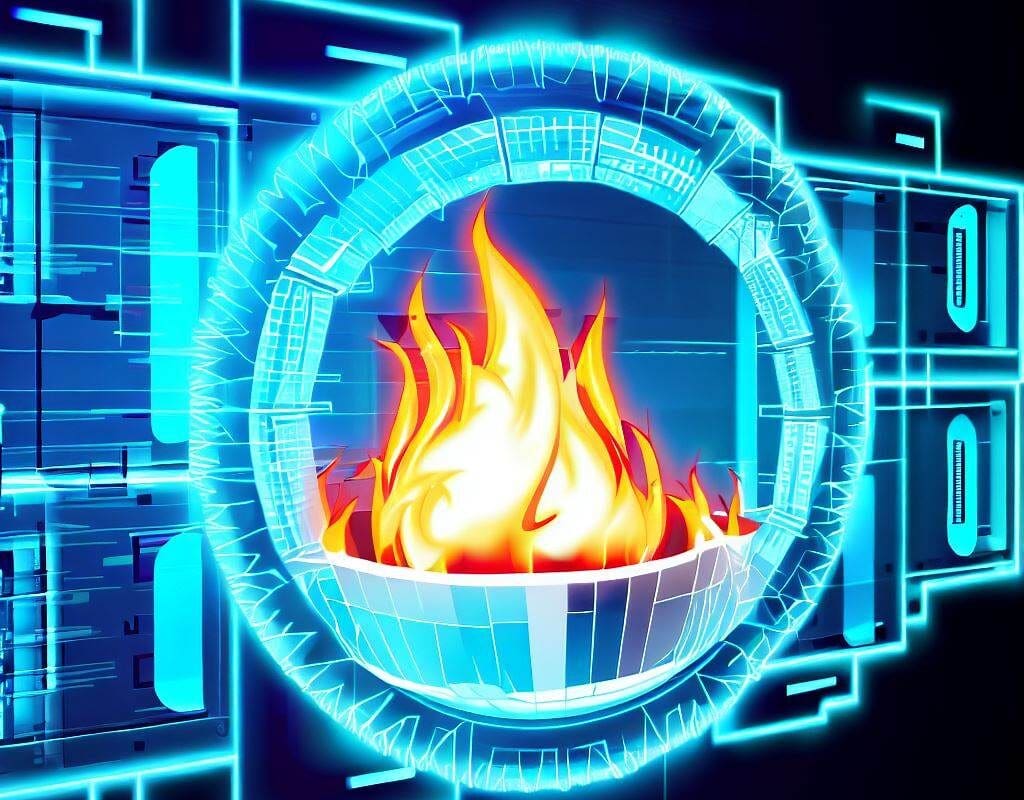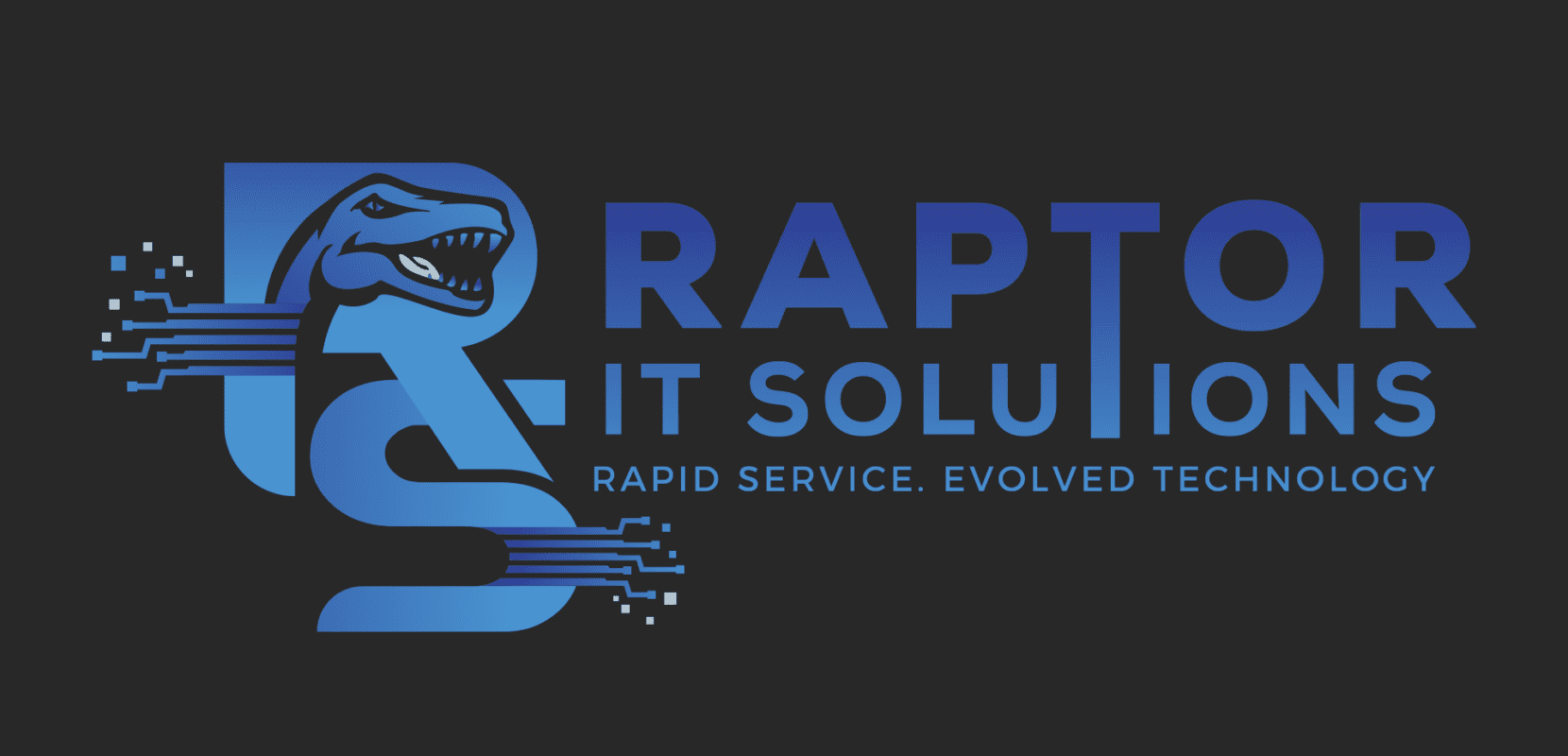In the world of IT and systems management, configuring and customizing software and hardware is a necessary part of optimizing performance and functionality. However, there’s a fine line between Avoiding Unnecessary Configuration Work. Contact us for expert guidance. In this blog post, we’ll explore why it’s crucial to strike the right balance and avoid unnecessary configuration work.
1. Time and Resource Drain:
One of the most significant downsides of excessive configuration work is the time and resources it consumes. Every hour spent on tweaking settings that don’t significantly impact your objectives is an hour not invested in critical tasks.
2. Increased Complexity:
Complex configurations can be challenging to manage and troubleshoot. As you add more customizations, the system becomes more intricate, making it harder to identify and resolve issues efficiently.
3. Risk of Errors:
The more configurations you introduce, the higher the risk of human errors. A single mistake can lead to system failures, security vulnerabilities, or data loss.
4. Maintenance Headaches:
Custom configurations require ongoing maintenance. As software and systems evolve, you may find that previously beneficial configurations become obsolete or incompatible.
5. Performance Impact:
Excessive configuration can impact system performance negatively. Custom settings may introduce bottlenecks or unnecessary overhead, slowing down processes.
6. Focus on Essentials:
To optimize efficiency, it’s essential to focus on the configurations that align with your business goals. Invest time and resources where they matter most, and avoid getting lost in fine-tuning every detail.
7. Scalability Challenges:
Overly customized systems can be challenging to scale. When your business grows, you may face difficulties expanding or accommodating changes in the IT infrastructure.
8. Security Concerns:
Complex configurations can inadvertently introduce security vulnerabilities. It’s vital to maintain a balance between customization and security best practices.
Conclusion: Prioritize Efficiency
While configuration work is necessary, doing more than necessary can lead to diminishing returns and unnecessary complications. Prioritizing efficiency over overload allows you to streamline processes, reduce risks, and focus on what truly matters for your business’s success.
Call to Action:
Avoiding Unnecessary Configuration Work: Optimize efficiency, reduce risks, and focus on what matters? Contact Raptor IT Solutions for expert guidance in optimizing your IT systems and ensuring you’re not doing more configuration work than necessary.










